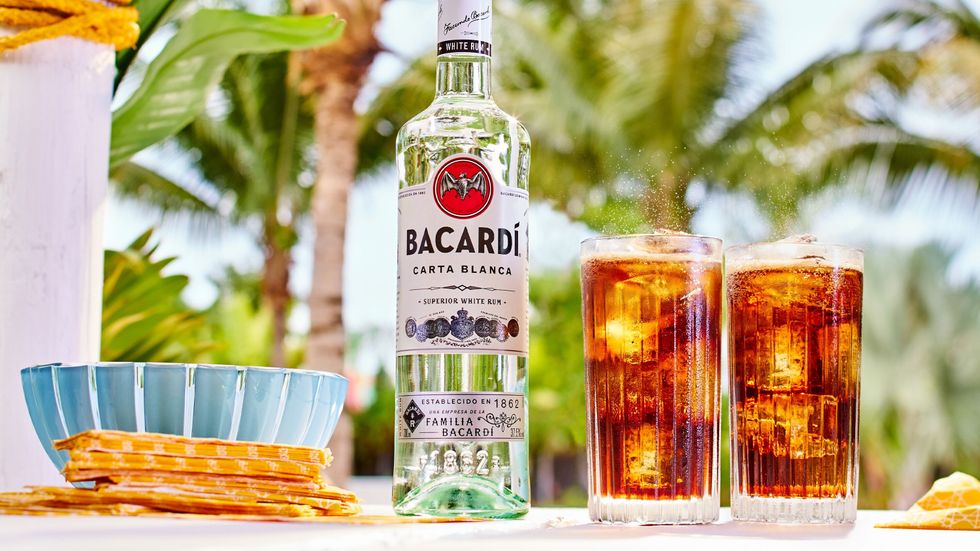Britons are shifting away from fresh food to cheaper frozen items and buying less fruit and vegetables and fresh meat, fish and poultry as they seek to manage rising inflation, market researcher NielsenIQ said today (18).
With wages failing to keep up with inflation, which was 9.9 per cent in August, UK consumers are battling a worsening cost-of-living crunch.
NielsenIQ said total grocery sales rose 4.7 per cent on a value basis in the four weeks to Oct. 8 year-on-year. However, a decline in volume sales of 6 per cent shows that British shoppers are spending more at supermarkets, due to inflation, but buying less.
The market researcher said volume sales of fresh produce fell 8.3 per cent, while volume sales of meat, fish and poultry fell 8 per cent.
“In recent weeks there has been a small shift away from fresh to frozen, (and) slightly less spend on fruit and vegetables and fresh meat, fish and poultry," Mike Watkins, NielsenIQ’s UK head of retailer and business insight, said.
As well as shoppers who opt to stop buying certain products, NielsenIQ said other trends are a focus on monitoring the cost of the overall shopping basket, choosing private label products and shopping more at the discounters Aldi and Lidl.
NielsenIQ said that over the 12 weeks to Oct. 8, private label accounted for 53 per cent of grocery spending. Online's share of grocery sales fell to 10.9 per cent versus 11.1 per cent in the previous data set.
Separately, Kirsty’s research highlighted similar conclusions. According to research conducted by the free-from ready meal brand, 75 per cent shoppers are now buying more frozen products than ever before, with 71 per cent of shoppers stating that buying frozen meals is saving them money.
According to UK shoppers, other reasons for this switch to buying frozen is that the food lasts longer (77 per cent), it’s cheaper (60 per cent) and that it makes for less fresh food waste (39 per cent).
The average weekly food shop has now risen by £26.50, almost three times the national living wage, states the report, adding that the rising price of fresh food is worrying 87 per cent of Brits as the cost-of-living crisis starts to impact shopping habits.
“The cost-of-living crisis is having a huge impact on shopping habits, and whilst shoppers still like the convenience of chilled meals when making choices for their evening meal, but when it comes to the weekly shop, we are seeing more shoppers than ever buying frozen,” founder of Kirsty’s, Kirsty Henshaw said.










 Brian McLister
Brian McLister












